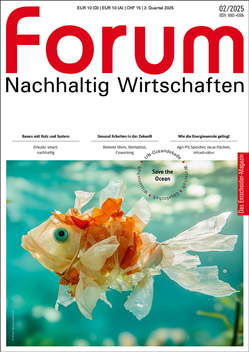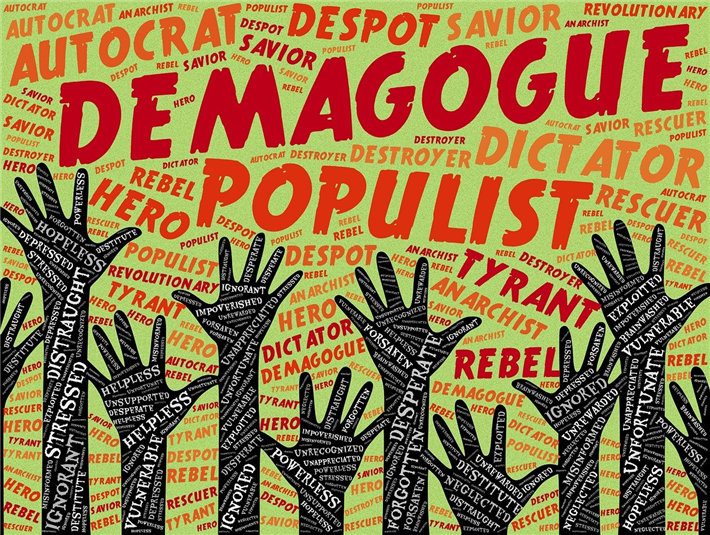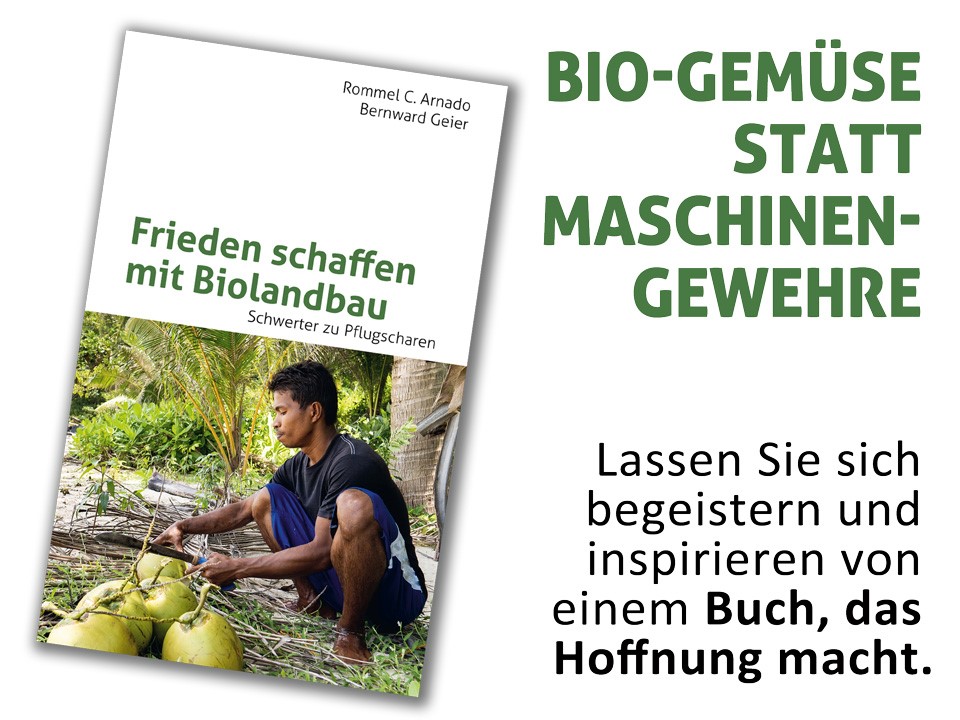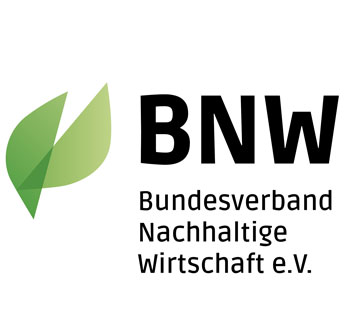How continental treaty can foster sustainable trade in biodiversity in Africa
A missed opportunity to achieve sustainable development through trade integration in Africa
New study shows how to transform the African Continental Free Trade Area agreement into an enabler of sustainable trade in biodiversity as a key driver of an environmentally friendly recovery from the coronavirus pandemic. Africa is one of the most biodiverse regions on earth. Yet commitments negotiated so far under the landmark African Continental Free Trade Area (AfCFTA) agreement barely mention the environment.
 Cocoa beans on an african plantation. © 5671698, pixabay
Cocoa beans on an african plantation. © 5671698, pixabayThe study developed in partnership with the ABS Initiative investigates the link between trade and biodiversity and the existing parties’ commitments under the AfCFTA.
It recommends ways of transforming the agreement into an enabler of sustainable trade in biodiversity and a key driver of post-COVID-19 recovery and development in Africa. "BioTrade could play a pivotal role in establishing a green development pathway for African countries and thus ensure an environmentally friendly recovery from the COVID-19 pandemic,” said David Vivas, an UNCTAD legal officer working on trade and environmental issues, including the BioTrade Initiative.
BioTrade refers to the activities related to the collection, production, transformation and trade of goods and services derived from biodiversity under a set of environmental, social and economic sustainability criteria, known as the BioTrade Principles and Criteria.
Mainstreaming trade and biodiversity into the AfCFTA
The study identifies potential entry points for environmental considerations into the AfCFTA legal text currently being negotiated. It highlights positive economic incentives for the sustainable trade in biodiversity products to contribute to environmental objectives such as ecosystem conservation and the fight against climate change.
Trade in biodiversity-based products constitutes an important part of African countries’ exports. In 2017, nearly $78 billion worth of goods with a biological origin were exported by members of the African Union, 3.5% of their combined GDP. Natural capital accounts for between 30% and 50% of the total wealth of most African countries.
In addition, Africa is home to eight of the world’s 36 biodiversity hotspots – biogeographic regions with significant levels of biodiversity – and nearly one fifth of all mammal, bird and plant species are estimated to live there.
The comparative advantage many African countries have in biological resources and derived products is an enormous economic opportunity, Mr. Vivas said.
This is especially true in the context of the recovery from the COVID-19 pandemic.
"As countries move forward in the AfCFTA negotiation process, next phases must focus on these opportunities, including nature and biodiversity-based solutions like BioTrade,” Mr. Vivas said.
He added that other important issues to address include "cooperation in the conservation and sustainable use of wildlife trade, climate change mitigation and adaptation as well as options to seize the potential of the oceans economy in coastal and island African countries.”
A new protocol for trade and biodiversity
In addition to the sustainable development considerations, the study also advocates for an additional protocol linking trade to environmental considerations – a standalone chapter – to be included in the AfCFTA agreement.
It says the agreement could build on existing legal frameworks such as the African Nature Convention or the African Guidelines for the Coordinated Implementation of the Nagoya Protocol and, potentially, relevant aspects of the Paris Agreement.
"An instrument of this kind could play an important role in addressing and enabling trade in biological and genetic resources, among other things,” said Frederic Perron-Welch, UNCTAD consultant and author of the study.
"The strong link that exists between trade and the environment, as exemplified by BioTrade, should also be incorporated into both existing instruments as well as those still being negotiated,” Mr. Perron-Welch added.
Africa’s potential engine of sustainable growth
The AfCFTA covers the largest regional trade area in the world and includes the largest number of participating countries since the creation of the World Trade Organization. It was founded in 2018 by the members of the African Union and covers a market of 1.2 billion people and a GDP of $2.5 trillion.
Negotiations for the second and third phases are currently under way and are expected to be concluded by the end of 2021. They include protocols on additional topics such as intellectual property rights, investment, competition policies and e-commerce.
Despite the ongoing negotiations, trade among AfCFTA members commenced on 1 January 2021. The UN Economic Commission for Africa estimates that the AfCFTA has the potential to boost intra-African trade by 52.3% by eliminating import duties, and it could double this trade if non-tariff barriers are reduced.
Umwelt | Biodiversität, 19.08.2021

Save the Ocean
forum 02/2025 ist erschienen
- Regenerativ
- Coworkation
- Klimadiesel
- Kreislaufwirtschaft
Kaufen...
Abonnieren...
07
MAI
2025
MAI
2025
MakerCamp Genossenschaften 2025
Genossenschaftliche Lösungen in Wirtschaft, Kommunen und Gesellschaft
65189 Wiesbaden
Genossenschaftliche Lösungen in Wirtschaft, Kommunen und Gesellschaft
65189 Wiesbaden
08
MAI
2025
MAI
2025
Die intelligente Transformation: ESG + KI = Zukunftssicherung
Wer Nachhaltigkeit ohne KI umsetzt, verpasst entscheidende Chancen
Webinar
Wer Nachhaltigkeit ohne KI umsetzt, verpasst entscheidende Chancen
Webinar
14
MAI
2025
MAI
2025
Klimaschutz im peruanischen Regenwald
Delegierte der Asháninka teilen ihre Perspektiven
80802 München, Seidlvilla
Delegierte der Asháninka teilen ihre Perspektiven
80802 München, Seidlvilla
Professionelle Klimabilanz, einfach selbst gemacht

Einfache Klimabilanzierung und glaubhafte Nachhaltigkeitskommunikation gemäß GHG-Protocol
Politik
 "Wir brauchen Menschen, die vom Geist Europas beseelt sind und ihn allen Widrigkeiten zum Trotz zur Geltung bringen wollen."
"Wir brauchen Menschen, die vom Geist Europas beseelt sind und ihn allen Widrigkeiten zum Trotz zur Geltung bringen wollen."Christoph Quarch überlegt, was wir den tyrannischen Ambitionen des globalen Trumpismus und des hiesigen Rechtspopulismus entgegensetzen können
Jetzt auf forum:
Nachhaltigkeit zwischen Krise und Comeback
HUSUM WIND 2025 startet mit großer Offshore-Exkursion
Solarstrom für die Produktion, Schatten für die Kühe
Schwarz-Rot: Jetzt 100 Tage für Erneuerbare und Kreislaufwirtschaft nutzen
SAVE LAND. UNITED FOR LAND - noch bis 01. Juni in der Bundeskunsthalle in Bonn
Von der Natur lernen: Block House setzt auf innovatives Weidemanagement in der Rinderaufzucht
Gelebte Nachhaltigkeit – auch über die Unternehmensgrenzen hinaus



















